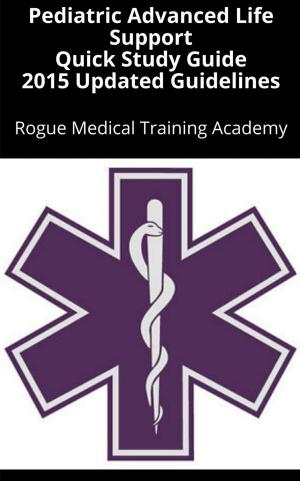North Carolina Children’s Global Health Handbook
A Pediatrician’s Guide to Integrating IMCI Guidelines in Sub-Saharan Africa
Nonfiction, Health & Well Being, Medical, Specialties, Pediatric Emergencies, Nursing, Pediatric & Neonatal, Pediatrics| Author: | ISBN: | 9781469643076 | |
| Publisher: | University of North Carolina at Chapel Hill Department of Pediatrics | Publication: | March 15, 2018 |
| Imprint: | University of North Carolina at Chapel Hill Department of Pediatrics | Language: | English |
| Author: | |
| ISBN: | 9781469643076 |
| Publisher: | University of North Carolina at Chapel Hill Department of Pediatrics |
| Publication: | March 15, 2018 |
| Imprint: | University of North Carolina at Chapel Hill Department of Pediatrics |
| Language: | English |
The North Carolina Children's Global Health Handbook offers a resource and guide for residents and healthcare providers teaching pediatrics in the developing world, particularly sub-Saharan Africa. Incorporating World Health Organization guidelines as laid out in the Integrated Management of Childhood Illnesses (IMCI) this handbook is geared for medical education of students and interns. It is intended for residents and providers from foreign institutions visiting developing countries but also may be used by local staff. The volume does not provide an exhaustive list of pediatric conditions nor an in-depth explanation of conditions. Rather, the handbook is meant to provide an easily accessible reference for healthcare educators and providers and should not replace local guidelines or clinical judgement.
Major topics: emergency management, neonatal period, cardiology, endocrinology, gastroenterology, genetics, hematology & oncology, infectious diseases, nephrology, respiratory, testing resources, and immunization schedules
The North Carolina Children's Global Health Handbook offers a resource and guide for residents and healthcare providers teaching pediatrics in the developing world, particularly sub-Saharan Africa. Incorporating World Health Organization guidelines as laid out in the Integrated Management of Childhood Illnesses (IMCI) this handbook is geared for medical education of students and interns. It is intended for residents and providers from foreign institutions visiting developing countries but also may be used by local staff. The volume does not provide an exhaustive list of pediatric conditions nor an in-depth explanation of conditions. Rather, the handbook is meant to provide an easily accessible reference for healthcare educators and providers and should not replace local guidelines or clinical judgement.
Major topics: emergency management, neonatal period, cardiology, endocrinology, gastroenterology, genetics, hematology & oncology, infectious diseases, nephrology, respiratory, testing resources, and immunization schedules















